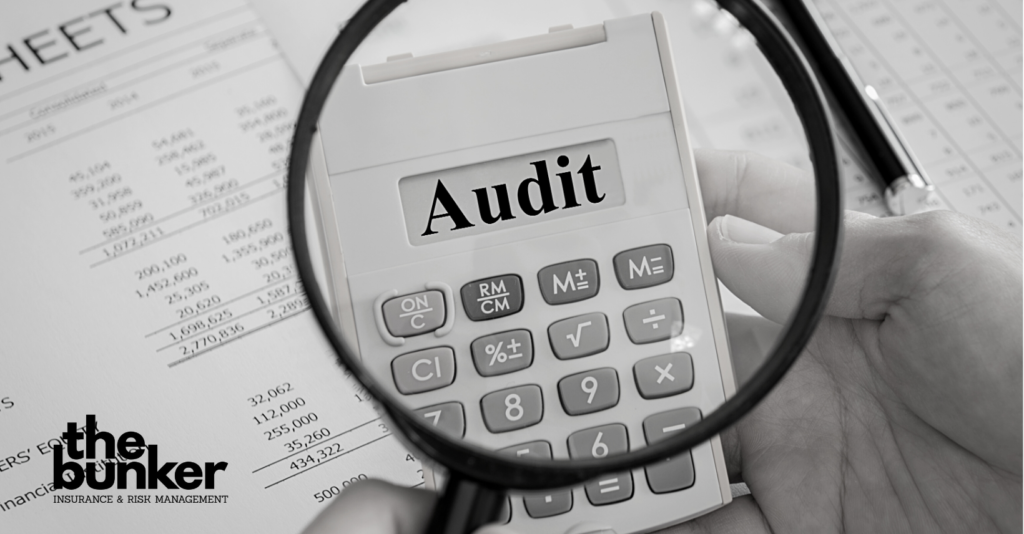Preparing for audits can be a daunting task for businesses, but understanding the basics is the first step toward ensuring a smooth process. In this comprehensive guide, we will break down the essential components of General Liability audits, shedding light on how you can proactively prepare for them.
The Foundation: What is a General Liability Audit?
At its core, a General Liability audit is an examination of a business’s financial records and operations to ensure that its insurance coverage accurately reflects its risks. Insurers conduct these audits to determine if a company’s coverage aligns with its current size, operations, and potential liabilities. A general liability audit ensures that the insurance coverage accurately reflects the risks associated with the business and that the premium paid is appropriate for the risk level.
Essential Documentation: Building the Audit Arsenal
The key to a successful General Liability audit lies in meticulous documentation. As a business owner or risk manager, having the right paperwork ready can significantly streamline the process. Here’s a comprehensive checklist to guide you:
- Financial Statements: Present up-to-date financial statements, including income statements, balance sheets, and cash flow statements.
- Employee Records: Furnish details on your workforce, including employee classifications, payroll records, and any subcontractor agreements.
- Certificates of Insurance: Ensure that you have certificates of insurance for any subcontractors or third-party vendors you work with.
- Safety Programs and Training Records: Showcase your commitment to risk management by presenting safety programs and records of employee training initiatives.
- Claims History: Provide a comprehensive history of any past insurance claims, including their resolution and status.
Having these documents in order not only expedites the audit process but also reflects positively on your risk management practices.
Having all the documentation is a huge part of being prepared, but it’s also essential to have the right people available in case the auditor has questions. Who should be available?

- Risk Manager or Insurance Coordinator: This person is often responsible for managing the company’s insurance policies, including general liability insurance. They can provide details about the business’s operations, safety measures, and risk mitigation strategies.
- Finance or Accounting Representative: Someone from the finance or accounting department should be present to provide information on the company’s financial records, such as revenue, payroll, and other financial details that may impact insurance premiums.
- Human Resources Representative: HR personnel can offer insights into employee-related matters, including the number of employees, job classifications, and other relevant details that may affect insurance coverage.
- Operations Manager or Business Owner: The person responsible for overseeing daily operations can provide a comprehensive understanding of the company’s activities, industry-specific risks, and any changes in operations that may impact insurance needs.
- Insurance Broker or Agent: The business’s insurance broker or agent may be involved to facilitate communication between the company and the insurance provider and address any questions or concerns that may arise during the audit.
Understanding the Audit Process
A General Liability audit typically follows a standardized procedure:
- Notification: Your insurance provider or agent will notify you of an upcoming audit, specifying the documentation required.
- Data Submission: Submit the requested documents promptly, ensuring accuracy and completeness.
- On-Site Visit (if applicable): In some cases, auditors may conduct on-site visits to assess operations and gather additional information.
- Review and Adjustment: The auditor will review the submitted data and, if necessary, adjust your insurance premium based on their findings.
Throughout the process, open communication between the business and the insurance company is crucial. Providing accurate and timely information helps ensure a smooth audit process and can contribute to maintaining appropriate insurance coverage.
Has your agent ever been available to help you prepare for your General Liability audits? If not, you should consider working with The Bunker. We proactively have risk management strategies in place to minimize audit adjustments, and in turn saving your business money. Schedule time with Ciara here.
